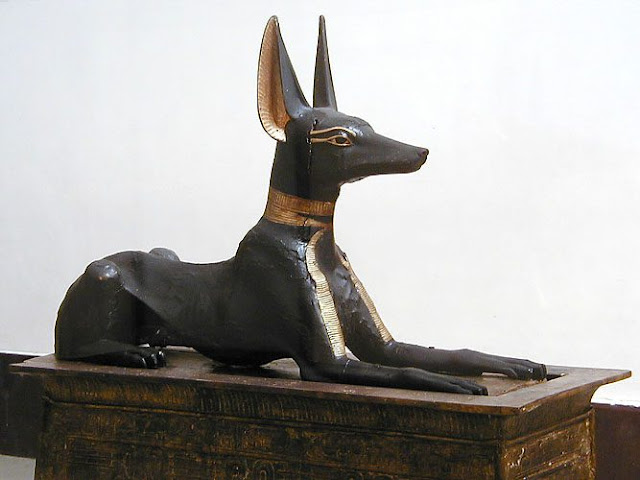A dragon or jackal?

I have posted a few times on issues of translating the Bible, and how they affect its interpretation through the centuries. My subject today is on the bizarre side. Does it affect key issues of faith, scripture, and orthodoxy? Not in the slightest. But it does point to some important themes in understanding translation, even some of the most venerable and respected versions of the Bible. There is a Hebrew word that we transliterate as tan, with the feminine form tannah, which refers to jackals. It occurs, for instance, in Malachi 1.3 where God declares that, according to the NIV, “Esau I have hated, and I have turned his hill country into a wasteland and left his inheritance to the desert jackals.” That is straightforward, and it makes excellent sense in the context. But here is the problem. From the same root, there is another word tannin, which usually means a regular snake or serpent, but can also signify a monster, sea serpent, or sea monster. The word is used in this sense on...
